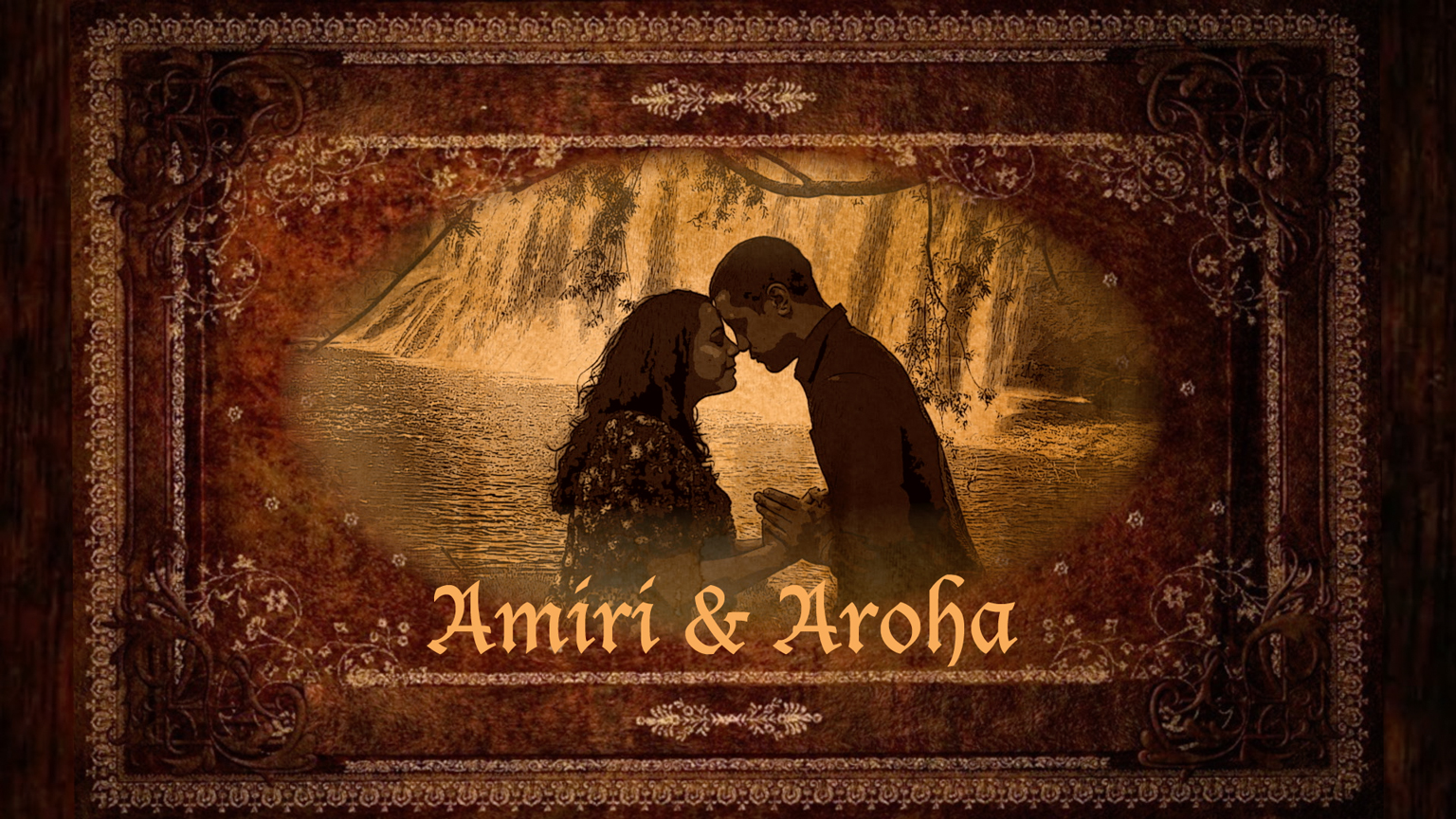What does Hunapo have for breakfast?

"Authors shouldn't write dialogue; they should let their characters speak for themselves."
Giving characters their own distinctive voice is the most profound lesson I have learnt from working with industry professionals. An interesting exercise at a table read of the Hīkoi screenplay was to remove the character headings from the actors' copies of the script and to see if it remains apparent to them when they are speaking.
Fascinating characters are essential for any work of fiction. I believe the success of Amiri & Aroha on the international film festival circuit is due to the audience's involvement with the characters. A competition judge told me he shed tears when the gang thwarted Aroha's childhood friendship with her cousin Hunapo.
Writing the novel has afforded the opportunity to develop these complex characters further. Understanding how they talk and react to adverse situations allows them to speak for themselves, adding tremendous depth to the story.
My old mentor, the late great David Lean, gave me this advice: "You must know what your characters eat for breakfast. It's not that you're going to show them having breakfast, but if you are to portray them accurately, you need to know them in that much detail."
During the shooting of Amiri & Aroha, I can recall some lively discussions between takes on what the protagonists would have for their breakfast. We all agreed that Amiri would be an eggs benedict man. We decided Aroha was more a muesli and toast girl, and there was no doubt that Hunapo would have eggs and lashings of bacon with black pudding, washed down with a swig of yesterday's beer.
